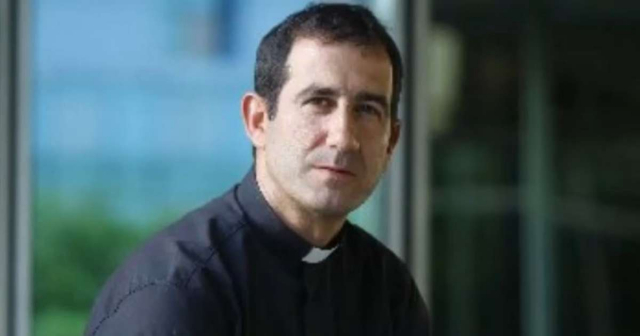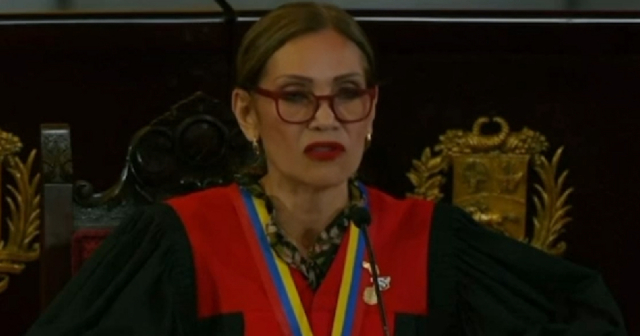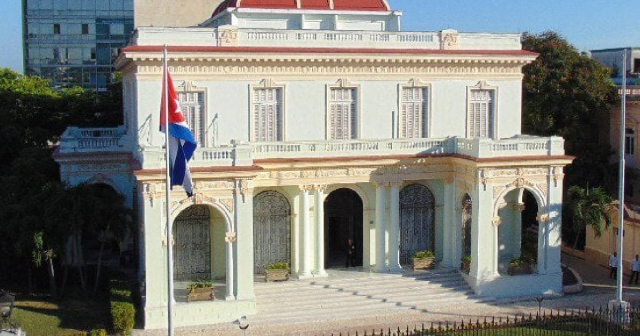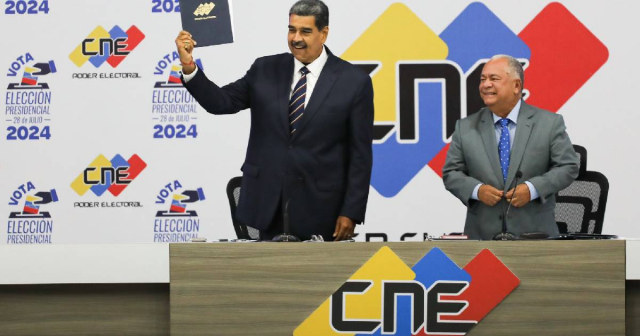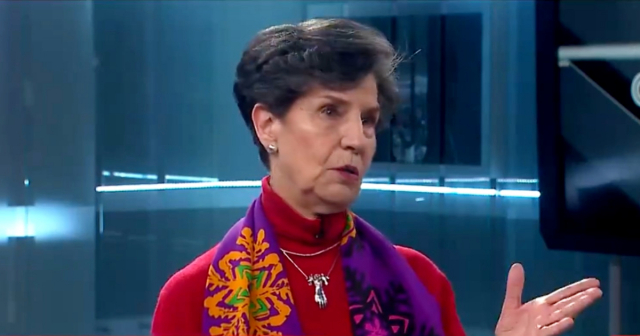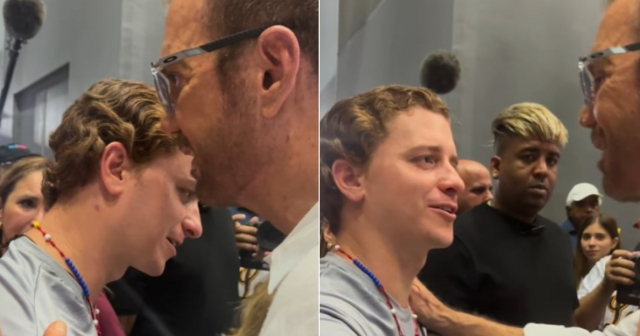The United States, along with 10 other Latin American countries, rejected on Friday the ruling of the Electoral Chamber of the Supreme Court of Justice (TSJ) of Venezuela, which upheld the reelection of Nicolás Maduro announced on July 29 by the National Electoral Council (CNE).
In a joint statement, the U.S., Argentina, Costa Rica, Chile, Ecuador, Guatemala, Panama, Paraguay, Peru, the Dominican Republic, and Uruguay highlighted the need for "an impartial and independent audit of the votes" to ensure the integrity of the electoral results and respect for the "sovereign will of the people."
They claim that the TSJ "intends to validate the unsupported results issued by the electoral body"; and reiterate that these nations had already expressed "the non-recognition of the validity of the CNE's statement, after access to the official count was prevented for opposition representatives, the non-publication of the minutes, and the subsequent refusal to conduct an impartial and independent audit of all of them."

For his part, the president of Mexico, Andrés Manuel López Obrador, opted for a more cautious stance, indicating at a press conference that he would wait for the publication of the minutes before issuing a judgment on the questioned results validated by the TSE.
Josep Borrell, the High Representative of the European Union for Foreign Affairs, stated that the EU will not recognize Maduro's reelection without verifying concrete and reliable results.
"We are trying to get the 27 [EU members] to take a position. If not now, then for the next Council of Foreign Ministers," Borrell added.
The UN Fact-Finding Mission, which investigates human rights violations in Venezuela, also highlighted the lack of independence and impartiality of the CNE and the TSJ.
The president of the mission, Marta Valiñas, pointed out the "undue interference" of the government in the decisions of the TSJ.
Chilean President Gabriel Boric, Uruguayan Luis Lacalle Pou, and Paraguayan Santiago Peña were among the first to reject the TSJ ruling, criticizing the lack of transparency and the evident fraud in the electoral process.
The day before, the TSJ, a body of magistrates controlled by chavismo, confirmed the results of the CNE regarding the elections of July 28, which declared Nicolás Maduro the winner in a contest filled with irregularities and described as a fraud by much of the Venezuelan and international community.
"This court declares based on the expert assessment carried out, and founded on the report prepared by national and international experts, in an undeniable manner, the validity of the examined electoral material and validates the results of the presidential election," said the president of the court, Caryslia Rodríguez.
A preliminary report from the UN on the elections in Venezuela noted last week serious irregularities in the electoral process.
Among the most notable criticisms, the document emphasizes that "the announcement of the result of an election without the publication of its details or the disclosure of tabulated results to the candidates has no precedent in contemporary democratic elections."
What do you think?
COMMENTFiled under:

